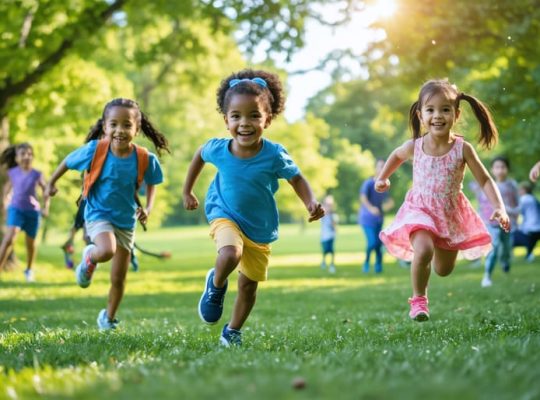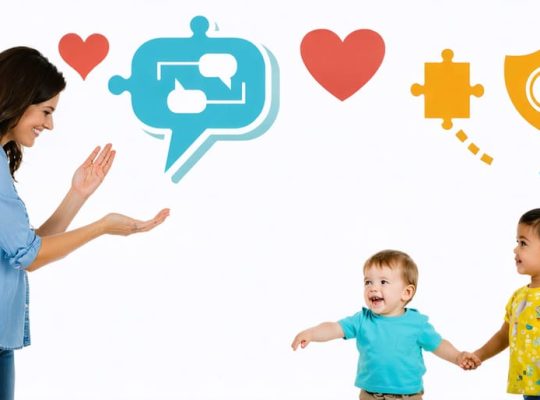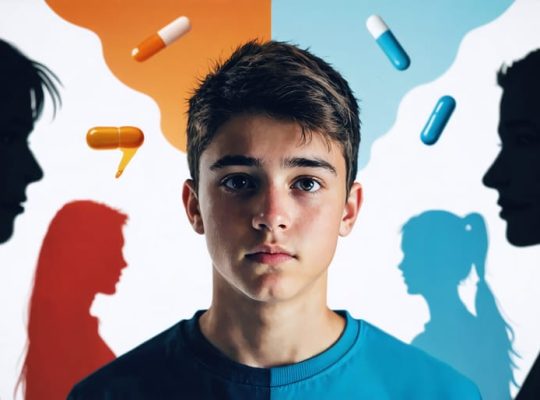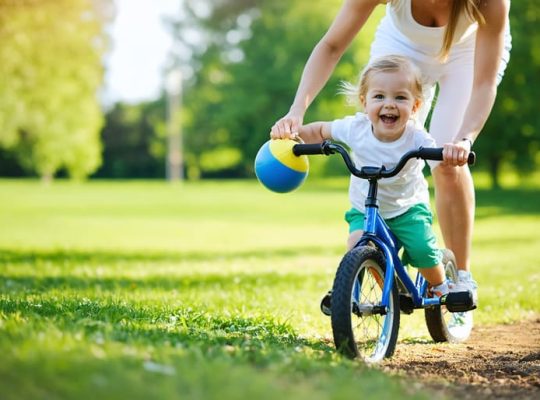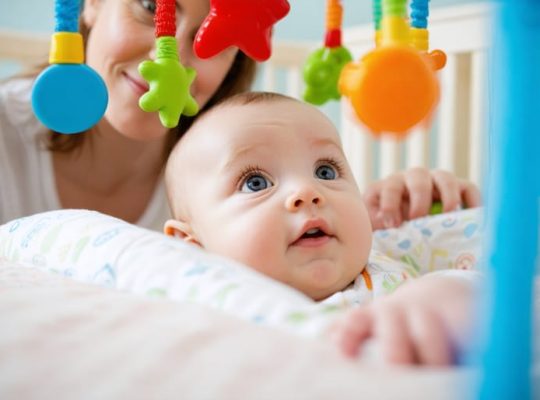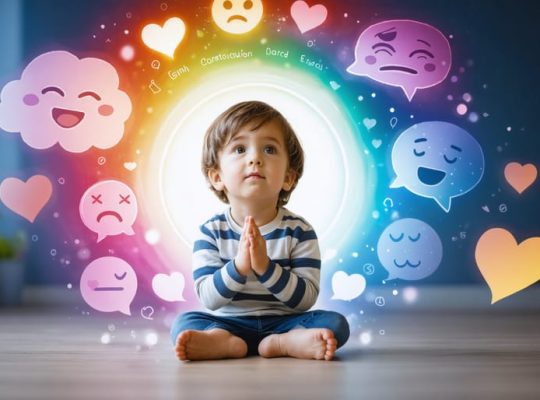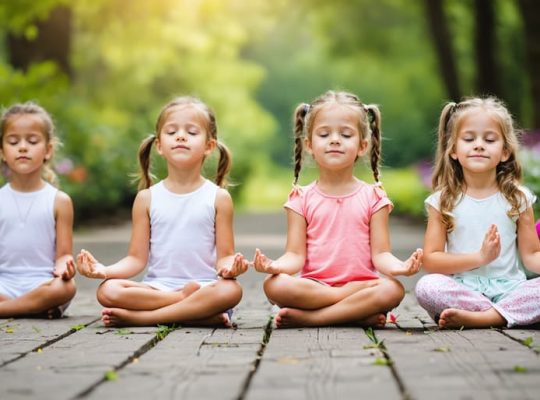Physical Activity Transforms Your Child’s Mental Health (Research-Backed Benefits)
Moving your body doesn’t just strengthen muscles – it transforms minds. Research consistently shows that regular physical activity stands as one of the most powerful, yet underutilized tools for supporting mental wellness in both children and adults. The benefits of exercise extend far beyond physical fitness, triggering the release of mood-boosting chemicals like endorphins and serotonin while reducing stress hormones that can contribute to anxiety and depression.
For parents and caregivers seeking …

